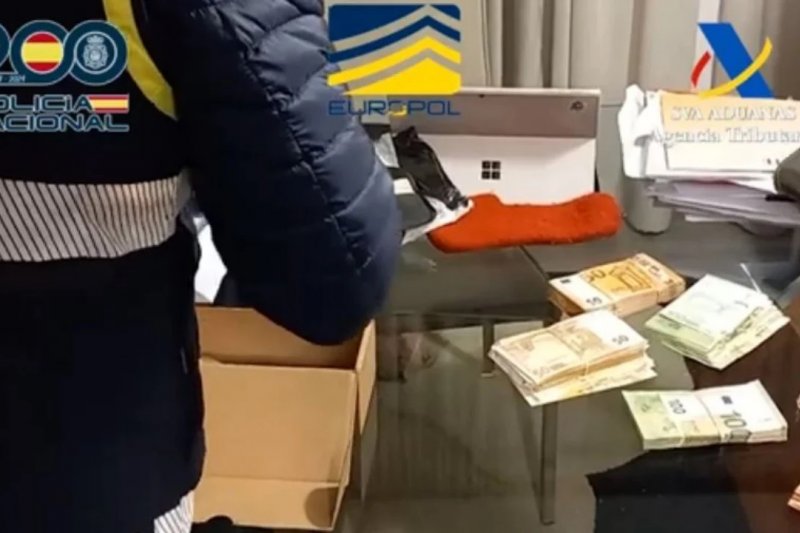Tonnes of Cocaine Shipped under Fruit Cover
Law enforcement authorities initiated an investigation into an Italian businessman of Argentinian origin residing in Marbella. Further investigations revealed that these companies were used to conceal both criminal activities and financial transactions. Authorities identified the businessman's criminal association with an Albanian national based in Ecuador. The Albanian national orchestrated the importation of cocaine from Colombia to Ecuador and its subsequent distribution to the EU. Operational information indicates that the businessman had a contractual agreement with Colombian suppliers to receive 4 tonnes of cocaine monthly in Ecuador.
The organisation employed Ecuadorian fruit companies as a front to import cocaine into the EU, utilising various shipping methods. Frequently, smaller quantities of cocaine were concealed within banana shipments, ranging from 15 to 40kg. Despite the varying quantities, the company consistently denied any involvement in the trafficking activities. The organisation arranged the transportation of the large cocaine shipments from the port of Guayaquil towards the port of Algeciras and other European ports.
During the course of the investigation, law enforcement authorities in Albania, Belgium, Ecuador, Netherlands and Turkey seized several sizable shipments of cocaine totalling 3.2 tonnes. The leader of the criminal network played a pivotal role in laundering the criminal assets through investing in legal businesses in Spain. He managed several companies, including one focused on the production and importation of bananas from Ecuador to the EU, as well as sports centres in Marbella, commercial centres in Granada, and multiple bars and restaurants. Many of his main associates had strong ties to the Western Balkans and handled the distribution network, which was widespread across Europe.
The operation targeted the two leaders (High Value Targets) of this criminal network. Both leaders had been orchestrating the drug trafficking and laundering the substantial criminal proceeds into the legal economy through the purchase of property, luxury vehicles and goods. So far, investigators have connected the targets to financial transactions totalling EUR 48 million across Ecuador and Spain.
Europol facilitated the exchange of information and provided support during the course of this joint investigation. Europol also provided operational analysis, operational intelligence and coordinated operational activities.
Europol’s Executive Director Catherine De Bolle said:
"Cocaine trafficking is a threat, not only to the health of Europeans and our economy, but also to the security of our neighbourhoods, as gang violence is becoming increasingly visible in our communities. This joint action day is a textbook example of how an international coalition of law enforcement agencies, coordinated by Europol, can successfully disrupt global and organised criminal activities. In October, I signed a Working Arrangement with Ecuador to increase our information exchange, especially in the area of cocaine trafficking. Today’s joint operation between Ecuador and Spain, supported by Europol, is a firm statement of our shared determination to take down the drug cartels from their local operating cells to their core.
Europol initiated this cooperation with Ecuador, one of the main transit hubs for cocaine shipments to the EU. The common efforts to combat these large-scale criminal activities resulted in the signature of a Working Arrangement between Europol and Ecuador in October 2023. This new framework enhances the cooperation between law enforcement authorities from EU Member States and their Ecuadorian counterparts in the joint fight against multinational drug cartels.













